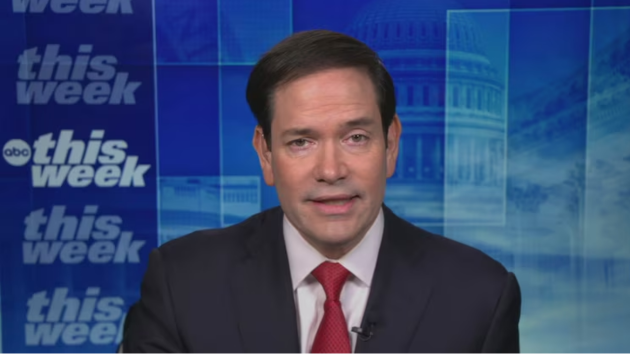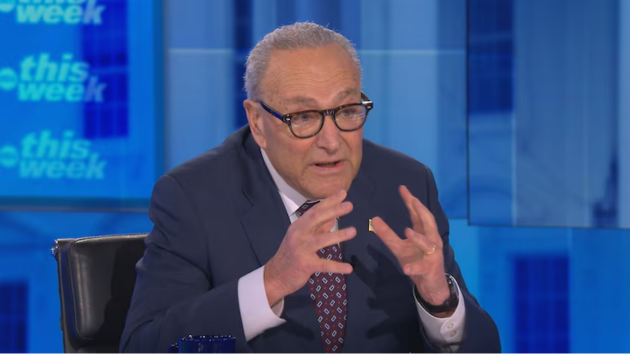Supreme Court allows strict Texas SB4 immigration law to take effect for now
Written by ABC Audio ALL RIGHTS RESERVED on March 20, 2024

(WASHINGTON) — The Supreme Court has rejected a Biden administration request to intervene and keep Texas’s strict immigration enforcement law, known as SB 4, on hold while it is challenged in lower courts.
The law would authorize local and state law enforcement to arrest migrants they suspect crossed into the state illegally. It would also also give judges the power to order migrants to be transported to a port of entry and returned to Mexico regardless of their country of origin.
The Biden administration has argued that immigration law is solely the responsibility of the federal government, and not local jurisdictions, as laid out in the Constitution.
“This Court has long recognized that the regulation of entry and removal of noncitizens is inseparably intertwined with the conduct of foreign relations and thus vested ‘solely in the Federal Government,'” the administration wrote in a filing with the U.S. Supreme Court earlier this month.
Texas, meanwhile, has argued that it is within its rights to arrest migrants because SB 4 is applicable under the State War Clause of the Constitution, which allows states to act when it is “actually invaded, or in such imminent Danger as will not admit of delay.”
Texas Gov. Greg Abbott reacted to the decision on X, the platform formerly known as Twitter, saying it was “clearly a positive development.”
Justice Sonia Sotomayor, in a dissent joined by Justice Ketanji Brown Jackson, said Tuesday the decision “invites further chaos and crisis in immigration enforcement.”
“Texas can now immediately enforce its own law imposing criminal liability on thousands of noncitizens and requiring their removal to Mexico,” Sotomayor wrote. “This law will disrupt sensitive foreign relations, frustrate the protection of individuals fleeing persecution, hamper active federal enforcement efforts, undermine federal agencies’ ability to detect and monitor imminent security threats, and deter noncitizens from reporting abuse or trafficking.”
“The Court gives a green light to a law that will upend the longstanding federal-state balance of power and sow chaos, when the only court to consider the law concluded that it is likely unconstitutional,” she continued. “This law implicates serious issues that are subject to ongoing political debate, and Texas’s novel scheme requires careful and reasoned consideration in the courts to determine which provisions may be unconstitutional. Although the Court today expresses no view on whether Texas’s law is constitutional, and instead defers to a lower court’s management of its docket, the Court of Appeals abused its discretion by entering an unreasoned and indefinite administrative stay that altered the status quo. This Court stands idle. Because I cannot, I dissent.”
Justice Elena Kagan also filed a short dissent, saying she believes the government has met the standard for a stay of the law pending appeal.
All six of the Court’s conservative justices agreed with the decision to allow SB4 to take effect for now.
Justice Amy Coney Barrett, in a concurring opinion joined by Justice Brett Kavanaugh, said she preferred to allow the Fifth Circuit U.S. Court of Appeals to render judgment first on whether SB 4 should be blocked pending ongoing litigation.
A decision by that court could come any day.
“If a decision does not issue soon, the applicants [the Biden administration] may return to this Court,” Barrett wrote.
Copyright © 2024, ABC Audio. All rights reserved.

 KVSP
KVSP 




